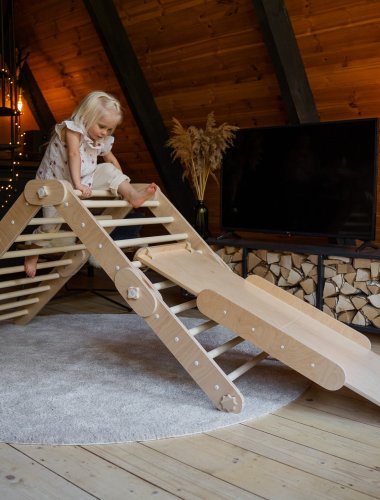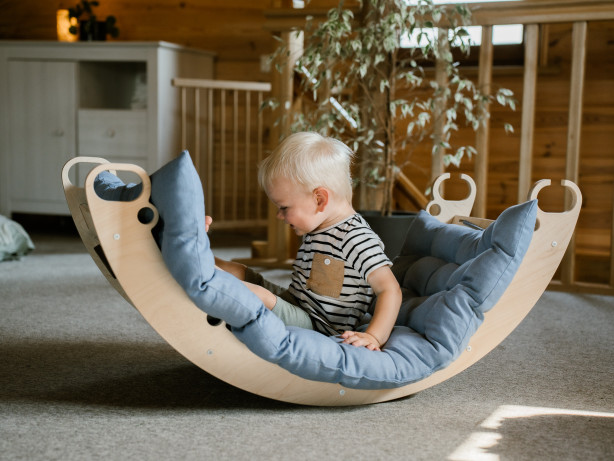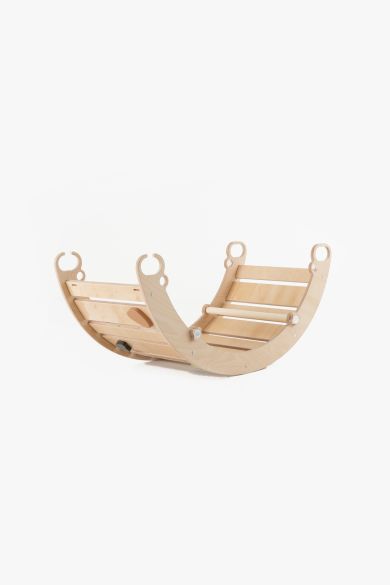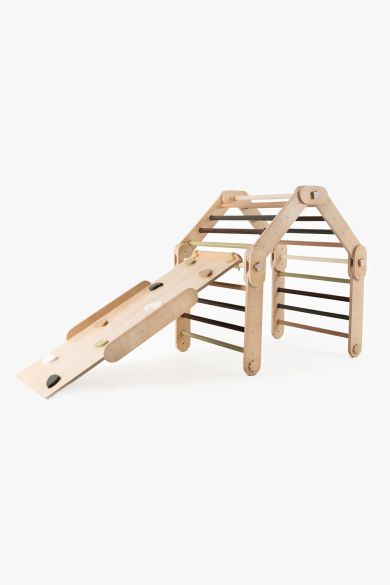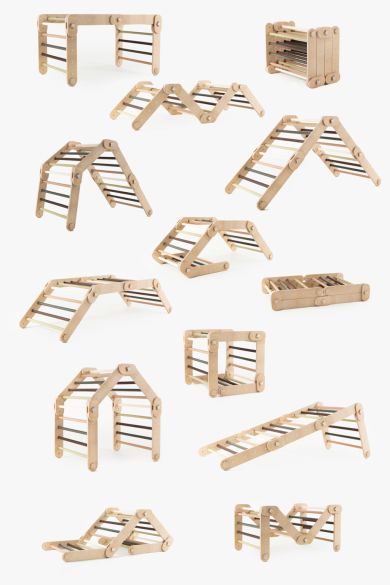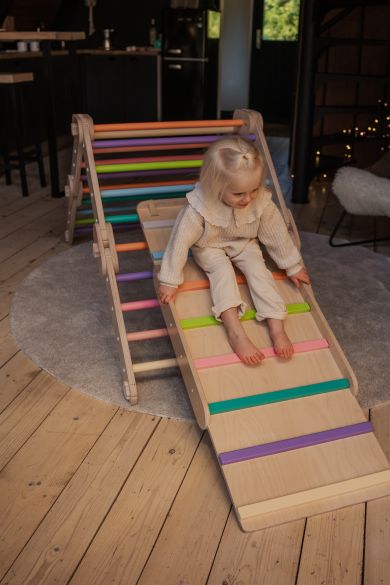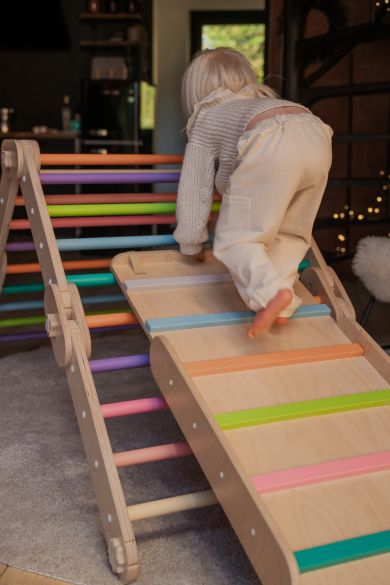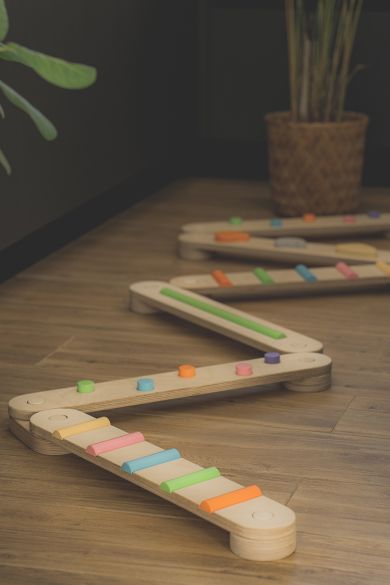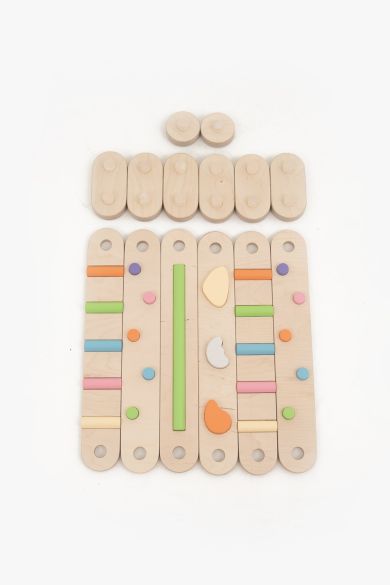Why Independent Play is Important
Independent play isn’t just about keeping children entertained; it’s a foundation for personal growth. It also offers parents valuable moments to recharge, manage household tasks, or enjoy downtime.
Here are the key benefits:
- Boosts Creativity and Imagination
When children engage in independent play, they create their worlds and explore their imaginations. Building with blocks or pretending to be explorers sparks creativity and problem-solving skills essential for lifelong learning. - Builds Self-Confidence
Independent play helps children trust their abilities. Overcoming challenges alone fosters resilience and self-confidence that carry into adulthood. - Develops Essential Life Skills
Decision-making, self-regulation, and focus are honed during solo play. These skills are crucial for navigating relationships, education, and work later in life. - Supports Emotional Growth
Quiet playtime allows children to process emotions and reflect, building emotional intelligence and coping mechanisms. - Enhances Family Harmony
Independent play gives parents breathing room to recharge, promoting a calmer and more positive household atmosphere.
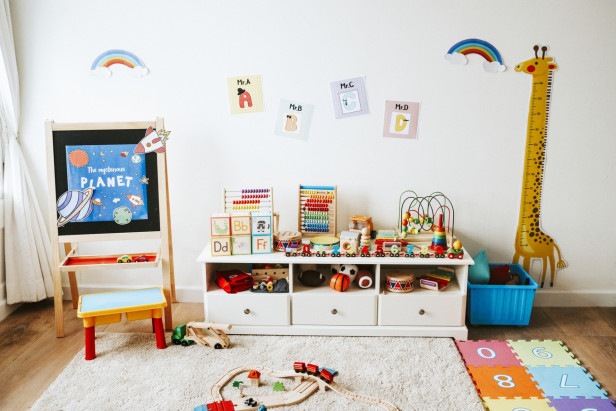
Creating the Right Environment for Independent Play
Setting up a suitable environment can encourage children to embrace independent play.
Here’s how:
- Create a Safe and Engaging Space
Designate a safe area filled with age-appropriate, open-ended toys like wooden blocks, art supplies, or pretend play items. These inspire exploration and creativity. - Minimize Distractions
A quiet, distraction-free zone without TV or excessive noise helps children focus on their play. - Encourage Ownership
Let your child organize their play space. Feeling ownership over their area can increase their engagement.

Teaching Independent Play
Helping children learn to play independently is a gradual process. Here are some effective strategies:
- Start Small
Begin with short 5-10 minute sessions and gradually increase the time as they get comfortable. - Set Clear Expectations
Explain that independent play is a special time for them to explore and have fun on their own while you remain nearby. - Provide Gentle Guidance
If they struggle to stay engaged, suggest activities or ask open-ended questions about their play without taking over. - Be a Role Model
Show them that spending time alone can be enjoyable by engaging in independent activities like reading or crafting. - Celebrate Their Efforts
Acknowledge their progress with positive reinforcement to build confidence and motivation.
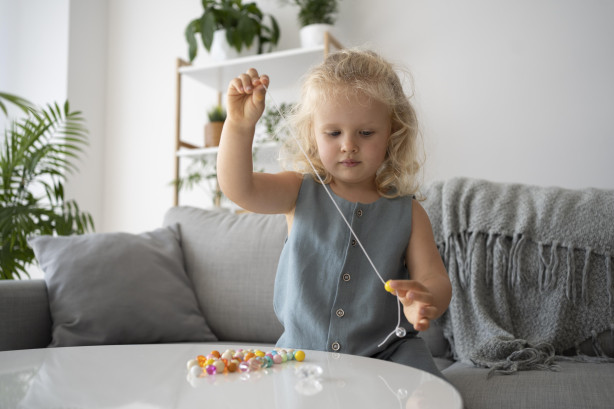
A Lifelong Gift
Independent play equips children with creativity, confidence, and resilience while giving parents the balance they need for a healthy family dynamic. Creating the right environment and teaching this skill patiently gives your child a gift that supports their growth for a lifetime. Take a step back, provide the tools they need, and watch them flourish in play and life.
